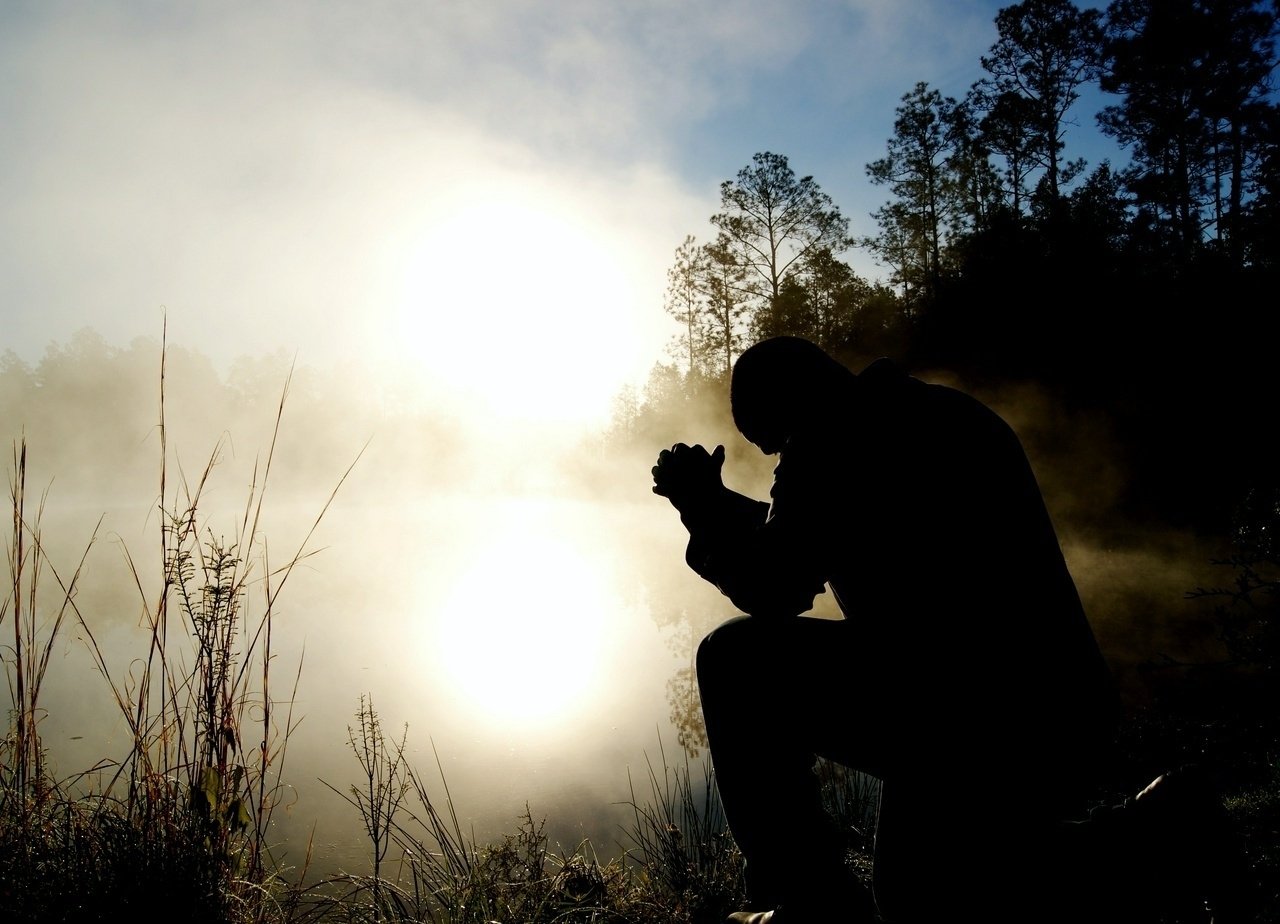Entering into silence can spiritually form us

There's only a few sermons that I've heard that I remember. As I write that I want to make sure you understand what I'm not saying, I'm not saying that sermons are unimportant. I think they are very important. The sermons I remember are likely not sermons that someone else remembers. They are moments in time that God uses in the lives of people.
There was one sermon in particular that my friend, Doug, gave a number of years ago. He was talking about how noisy the world is and how quiet God's voice can be. All during the message he had an iPod playing very quietly and then at the end he had us all get quiet and all of a sudden you could hear the music.
This shook me.
I am a noisy person.
When I enter a space I do so loudly. In social settings you know where I'm at all times. It's not that I'm trying to be the center of attention, I'm just loud. My voice carries and so does my laugh.
It is not just my outward presence that is loud. My interior life is loud too. As I grew up I always had a TV on or music playing. When I sat down to do homework the TV had to be running. When I was in seminary I wrote and researched and studied in busy coffee shops, intentionally.
For most of my life I have not liked the quiet. When things get quiet my thoughts get loud. I am not necessarily a big fan of those thoughts all the time. It can be disconcerting for me to allow my thoughts to run rampant.
Silence is scary.
This past summer I took two nights to just get away for a silent retreat. I shut down my phone. I didn't listen to music (well, that's a whole story in and of itself). I did allow myself to listen to a baseball game while I ate dinner.
I was alone in a cabin.
I went hiking alone in the silence and solitude of nature.
Leading up to these two nights away I was in a state of high anxiety because I was worried about being silent and alone for those 48 hours. I had never been a lone, truly alone, for that length of time.
Silence is scary.
I wish I could say that I heard the audible voice of the divine during my retreat. I did not. I also wish I could say that there was some sort of profound awakening that I experienced. But, I did not.
What did happen is that I faced my fear of silence.
It took almost a solid 24 hours for my mind quiet down. To really and truly be able to focus my attention on something other than my own thoughts. When that happened it was the most remarkable thing.
My mind could finally focus.
I was reading in the book of Jeremiah and some other commentaries that I brought along with me. I devoured the text.
Even more interesting was during my time hiking I was meditating on the Lord's prayer a stanza at a time. As I did, in that silence, those lines came to life for me. I do not really know how to explain it, but it was like I had never experienced them before.
Ever since then, something has happened within me. I have begun to delight in silence.
In the mornings I awake around 6 am-ish and drink coffee in the quiet dark house. It's become my favorite part of the day. I used to have a compulsion to turn on SportsCenter or something else. But now, my day begins with about 90 minutes to 2 hours of almost total silence.
Silence isn't scary anymore.
Silence has become a gift.
It is in the silence where I am learning to meet God.
I suppose there's a reason that silence has been a significant part of spiritual formation for many in the Christian tradition. I need silence now like I need water to drink or air to breathe. I can tell when I haven't had enough silence. My mind runs and spins and sleep is hard to come by.
It is in the silence where freedom from the weight of the world is offered and received.
When was the last time you were silent? What's stopping you? What do you think might happen if you entered into silence?
—
If you made it this far, thank you for reading! If you found this helpful, insightful, interesting, or even just kind of average, would you please share it with your social feed?
If you aren't receiving these posts in your inbox please subscribe right here:











